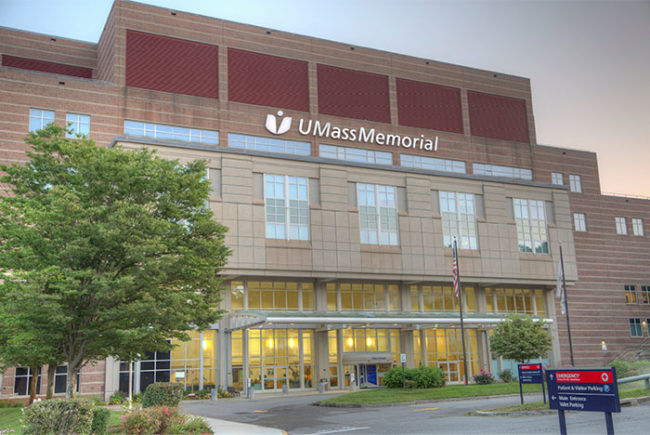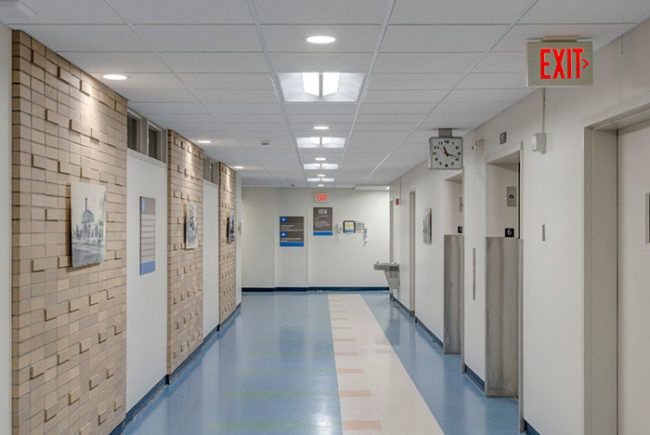
Virginia Mason Medical Center has grown into a leader of health care sustainability.
As with many health systems and hospitals, Virginia Mason Medical Center, Seattle, began its sustainability efforts with a humble recycling program driven largely by environmentally conscious nurses back in the '80s.
Today, Virginia Mason is among the nation's health care sustainability leaders to the point it has developed into a source of information for other hospitals trying to ramp up their green efforts here and abroad.
While Virginia Mason began to rev up its sustainability program back in the '90s with some energy-efficiency actions, it’s just been in the past seven years or so that the medical center took more aggressive, formal steps to intensify its efforts.
Among those steps were the hiring of its first director of sustainability, the formation of a Green Team comprising staff that volunteer to drive the program and the adoption of the Virginia Mason Production System based on that of Toyota.
In response to interest from other health care organizations, Virginia Mason created the Virginia Mason Institute to educate others on how to implement its patient-centered approach to increase quality, safety and efficiency.
By extension, Virginia Mason’s sustainability initiative applies the institute’s directives in its program, too, says Brenna Davis, sustainability director at Virginia Mason for the past four years.
Climate change has become a motivating factor in Virginia’s Mason’s ongoing drive to achieve the highest levels of sustainability, especially as leaders in the scientific and health care community support the evidence, Davis says.
“As evidence about climate change has built up over time, we realized we need to get more engaged in this. So in the last couple of years, we’ve focused on reducing our greenhouse gas emission, and advocating and educating about climate change and preparing for climate change,” Davis says.
Backed by strong support from CEO Gary Kaplan, M.D., the health system has produced a list of impressive sustainability accomplishments, especially in recent years, as the program has gained momentum. From 2011 through 2015, projects include:
- Retrofits on buildings that have saved Virginia Mason 455,495 kilowatt hours (kWh) per year, which translates to $692,352 per year in current energy costs.
- Installation of water-saving fixtures throughout its campus that reduces consumption by about 7 million gallons of water and $53,000 annually. New water-efficient sterile processing equipment saves 1,800 gallons of water per day. The savings are significant as water in that area is projected to increase 30 percent in cost over the next five years, Davis says.
- A recycling and composting program that has achieved a 50 percent rate.
- Replacement of outdated lighting with energy-efficient light-emitting diodes (LEDs) in parking garages, which saves 74,000 kWh annually. Sensors and LED lighting were installed in stairwells in one of its clinical pavilions.
- Development of a self-service office supply reuse system to keep useful items and supplies out of the waste steam, which saved the medical center thousands of dollars in a short time, she says.
As part of its mission to contribute to patient safety and address the impact of climate change, Virginia Mason is continually seeking ways to reduce carbon emissions. In November, it began eliminating the use of desflurane as an anesthetic during surgeries and procedures because of its known greenhouse gas-warming potential, Davis says. A 90 percent reduction in the use of the gas is projected for 2017.
Virginia Mason has gained numerous accolades, especially in recent years, for its achievements. It received a Top 25 Environmental Excellence Award from Practice Greenhealth, Reston, Va., in 2016 and 2015 as a leader in health care sustainability innovation and programs.
It also earned entry in Practice Greenhealth’s prestigious Circles of Excellence the last three years for top performance in seven of 10 specific sustainability categories such as energy efficiency, water reduction, environmentally preferable purchasing, green building and more.
The quest to raise the sustainability bar never ends. Virginia Mason voluntarily pledged to reduce its greenhouse gas emissions by 30 percent by 2020, an ambitious objective.
“We’re committed to protecting the environment on behalf of our patients and future generations,” Davis says. “Planet health is patient health.”





